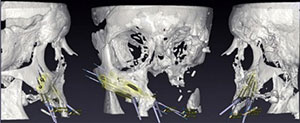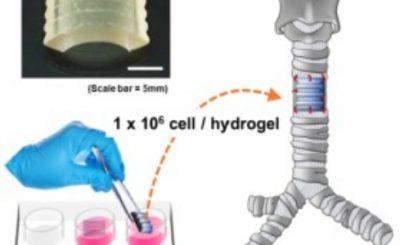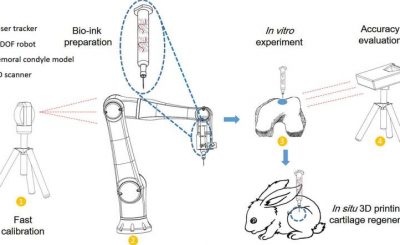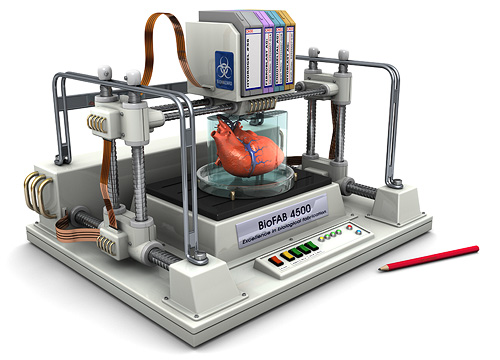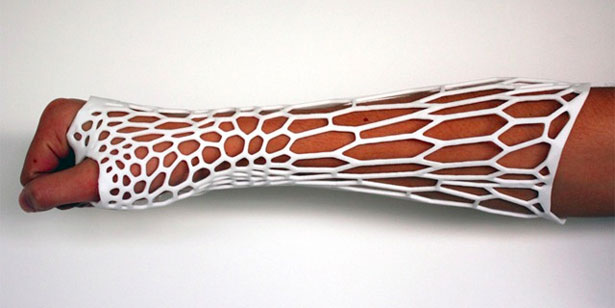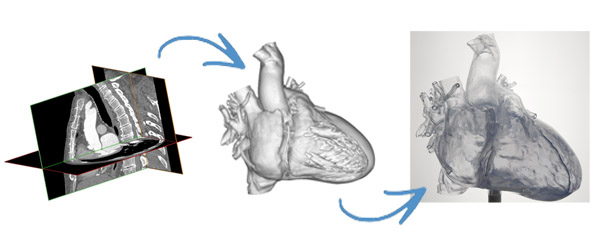3D bioprinting is beginning the shift from pure research into applied research and the sale of commercial products, with Organovo 
The use of 3D printed skin, for instance, might allow the company to get more realistic information about the effects their products might have on the skin of their customers. The grant competition, then, is particularly important because the deal between Organovo and L’Oreal is exclusive, so that P&G cannot turn to the commercial frontrunner in bioprinting technology for use with their own products. 3D printed organ tissues would allow P&G to further explore the way their products might effect the organ systems of their customers, which could be useful for household cleaners as well as the company’s line of healthcare products, which currently include brands like Vicks, Prilosec, and Metamucil.
Though a multinational like P&G might consider exploring non-toxic, organic products to reduce the need for such extensive toxicity testing, the grant competition is likely to spur some groundbreaking research. With a company as big and powerful as P&G funding the research, we may see some pretty exciting results.
